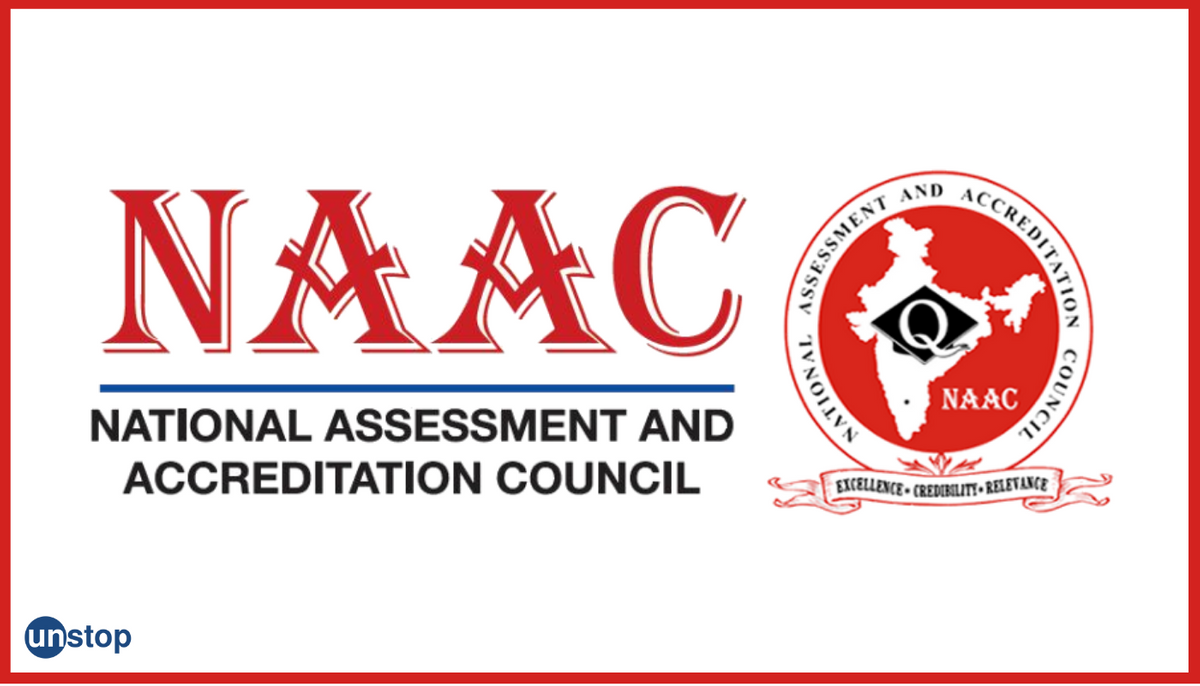NAAC Proposes 10 Percent Marks For ‘Higher Order Cognition’ In College-Level Examinations

In order to encourage the development of critical thinking, one of the expert panels of the National Assessment and Accreditation Council (NAAC) has published a white paper where it has been proposed that college-level examination papers be reconstructed so that at least 10 percent marks are given based on the evaluation of "higher-order cognition" among students.
The white paper was released by NAAC on Wednesday and it contained several suggestions for revising the country’s assessment and accreditation process for higher education institutions, as per the guidelines provided in the National Education Policy 2020. The paper was co-written by NAAC executive committee chairman Bhushan Patwardhan and former Indian Institute of Science Education and Research (IISER) professor K P Mohanan.
Also read: Mindler-PUMA collaboration: Mentorship opportunity for outstanding students! Check for details
“NAAC recommends the plan of action to improve the quality of the design of examination questions, initially for the Bachelor’s programs in a few subjects, and subsequently to be expanded to cover all Bachelor’s programs,” the paper stated.
According to the paper, which has been reviewed and approved by the NAAC Academic Advisory Committee and the Executive Committee, if the rollout is successful, the weightage for such questions may be increased in stages to 20% and 40% in the future. The National Education Policy 2020 aims to develop higher-order cognition among students and the proposal is in line with that.
Higher-order literacy has been defined by experts at NAAC as the ability to process and communicate academic knowledge through spoken and written language, and higher-order numeracy is defined as the thinking that goes into making sense of numerically coded information.
Importantly, the committee has advised against the NAAC and the University Grants Commission's Provisional Accreditation System for Colleges (PAC) announced earlier this year. The PAC allows newer institutions (those with one academic year or more) to apply for provisional approval for a two-year period. Previously, colleges and universities had to be at least six years old to apply for a NAAC certification.
Also read: Exclusive Internship opportunities for Indian students: Check them out now!
The NAAC has also proposed in the paper that the accreditation process should also include a national test to determine whether students at a particular institution have achieved the required level of general education and higher-order cognition.
It recommends that NAAC reduce its reliance on self-assessment of institutions when grading them and instead focus on evaluating learning outcomes.
The NAAC panel has also recommended gradings not only for institutions as a whole, as is currently the norm, but also for individual programs offered by them.
For example, a higher education institute focusing on health sciences may be accredited based on its overall performance, and specific courses such as MBBS, MD, and MTech offered by it may be graded separately.
You may also be interested in reading.
Login to continue reading
And access exclusive content, personalized recommendations, and career-boosting opportunities.
















Comments
Add comment